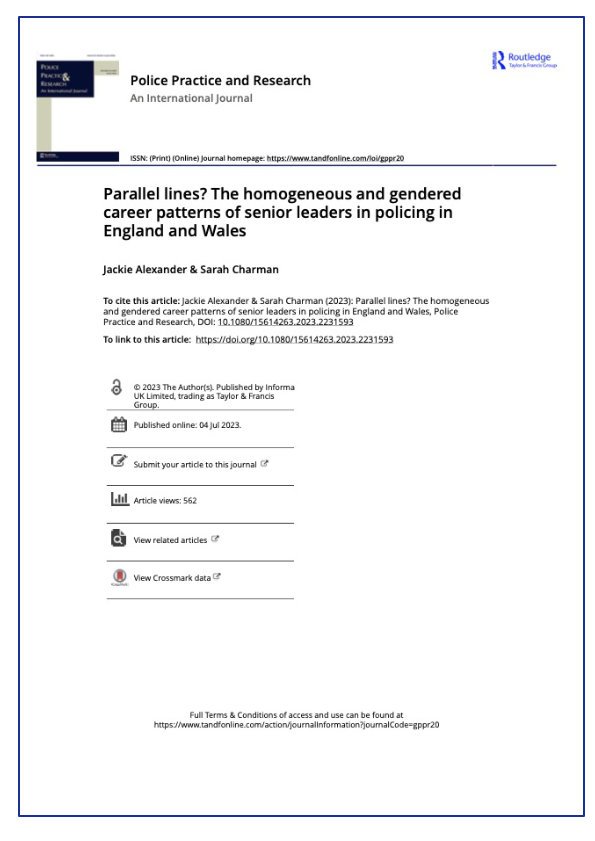By Vicki Sentas, Louise Boon-Kuo & Justin R. Ellis
The violent and contested overpolicing of LGBTQI+ communities at Sydney’s Gay and Lesbian Mardi Gras has a long and visible history which has been amplified through intensified drug policing over the last two decades. This article scrutinises police practices during Sydney WorldPride events in February and March 2023, which included Mardi Gras events. It draws on a unique data set drawn from the NSW Police Force and an independent legal observer initiative, ‘Fair Play’, that provided support for policed people at WorldPride. We ask: What do police practices tell us about the exercise of police power over LGBTQI+ people at WorldPride? Our study found intensive and aggressive high-visibility policing characterised by invasive questioning and drug detection dog patrols, and humiliating and potentially unlawful searches. The impacts illustrate how policing criminalises and gatekeeps belonging to sexual and gender-diverse communities.
Current Issues in Criminal Justice, 1–17.2024.




